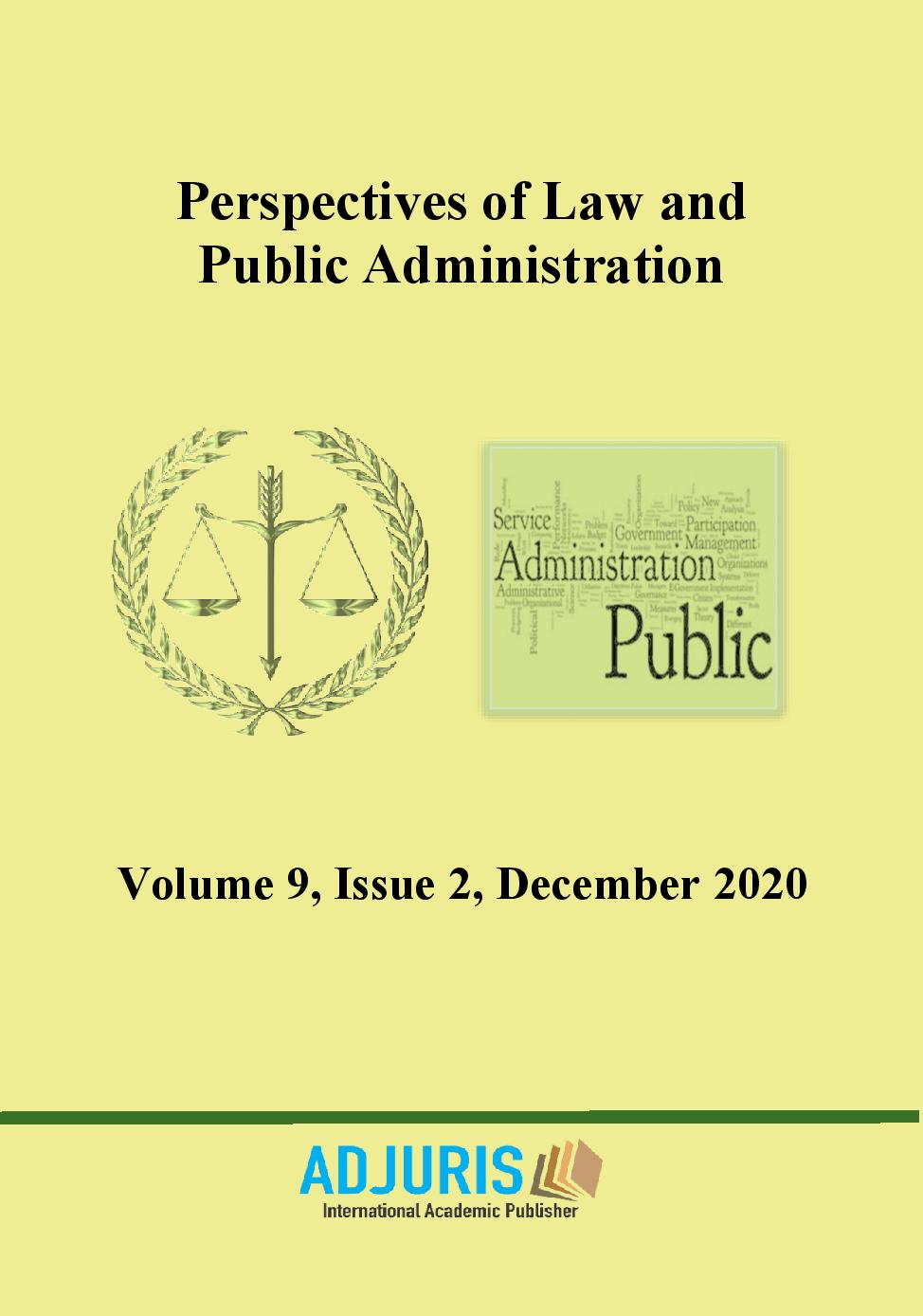BETWEEN JUDICIAL REVIEW AND THE EXECUTIVE - THE PROBLEM OF THE SEPARATION OF POWERS IN COMPARATIVE PERSPECTIVE
BETWEEN JUDICIAL REVIEW AND THE EXECUTIVE - THE PROBLEM OF THE SEPARATION OF POWERS IN COMPARATIVE PERSPECTIVE
Author(s): Robert SiucińskiSubject(s): Constitutional Law, Comparative Law
Published by: Societatea de Stiinte Juridice si Administrative
Keywords: separation of powers; judicial review; administrative law; Polish system of law;
Summary/Abstract: Judicial review of the executive is an essential element of democracy. It ensures the legality of administration. It is obvious that for adequate protection of rights of individuals, judicial review should be effective. There are two models of judicial review: the cassation and the merit one. The first of them is based on assumptions derived from the Austro-Hungarian regulations dating back to the nineteenth century. It assumes that the competence of the administrative court is only to issue two types of rulings. Some European countries uses the merit review elements were introducted into the proceeding before the administrative court. This model of judicial review, which is characteristic for French solutions, gives to administrative courts the possibility to ingeration in administrative action. It seems interesting to consider which of these models of judicial review is more effective when it comes to protecting the rights ensured by the proper fulfilment of judgements and what are the advantages and disadvantages of both systems in the light of separation of powers.
Journal: Perspectives of Law and Public Administration
- Issue Year: 9/2020
- Issue No: 2
- Page Range: 137-146
- Page Count: 10
- Language: English

